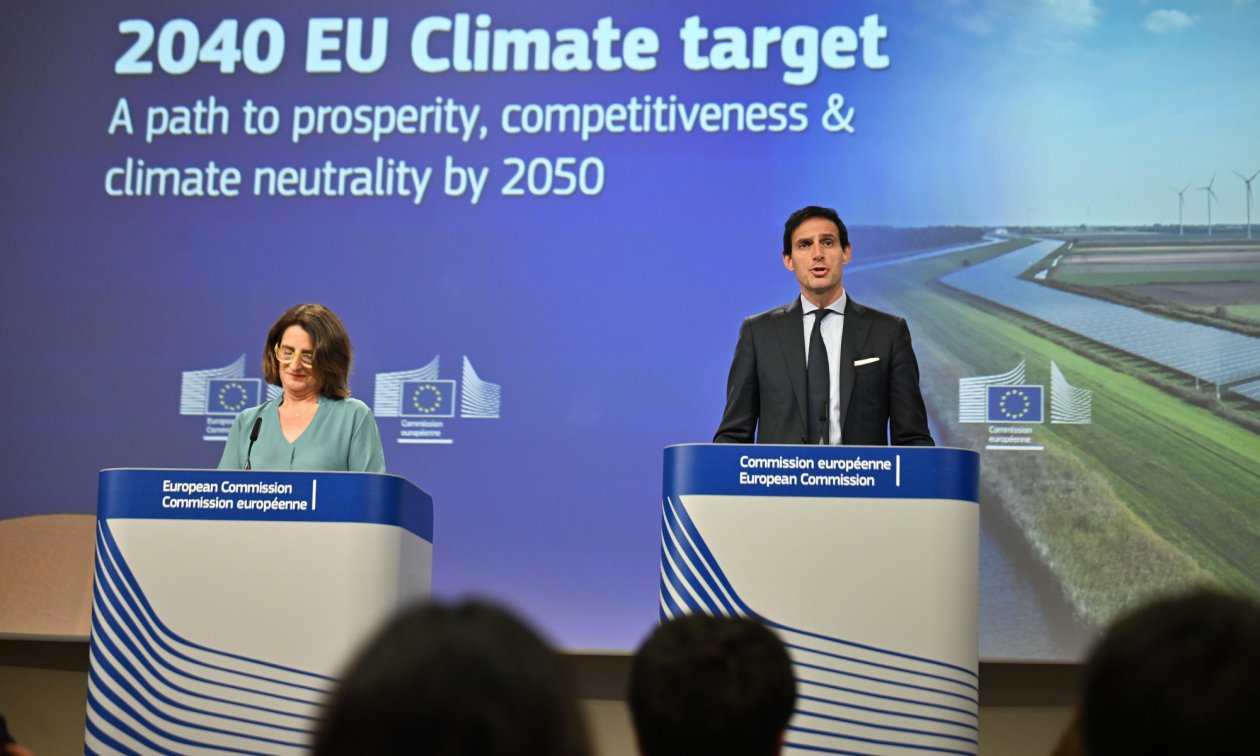In Addis Ababa, African leaders unveiled a landmark initiative aiming to mobilize $50 billion per year to support climate action across the continent. The announcement comes amid increasing urgency as climate change’s effects—floods, droughts, land degradation—intensify in several African regions.
The new framework includes the establishment of the Africa Climate Innovation Compact and the African Climate Facility, mechanisms intended to drive innovation, resilience, and sustainable practices. These tools will help finance new clean energy projects, bolster adaptation infrastructure, and support community-level initiatives.
The scale of ambition is high. The plan aims to deliver 1,000 climate solutions by 2030. Initiatives already in motion include large-scale tree-planting campaigns and new hydroelectric power projects. But funding remains the primary hurdle. A gap of trillions of dollars is noted: Africa’s climate goals require over $3 trillion in investment by 2030, yet to date only a fraction has been secured. The $50 billion yearly target seeks to close part of this disparity. Leaders also called for increased grant-based support and more favourable terms from international lenders.
The initiative must navigate many challenges. Unsurprisingly, questions linger over implementation. Infrastructure gaps, political instability in some countries, debt burdens, and limited institutional capacity complicate progress. There are also concerns about the environmental and social safeguards for large-scale projects, given past controversies around displacement and ecosystem damage.
International actors are watching closely. African development banks and commercial lenders have reportedly pledged toward this cause, signalling growing recognition of the market potential in sustainable investment. But leaders emphasize that international cooperation must be equitable and respect sovereignty: external funding must not come with undue conditions that undermine local priorities.
The plan also represents Africa’s increasing assertiveness in global climate negotiations. Rather than being characterized primarily as victims of climate change, African nations are positioning themselves as innovators and drivers of sustainable transformation. They aim to reshape narratives and power dynamics in climate diplomacy to secure more say in global policy, technology transfer, and finance modalities.
Overall, the Addis Ababa initiative marks a major step forward in Africa’s climate agenda. Whether it can deliver on its promise depends on coordination, institutional strength, and international support. If successful, it could serve as a model for climate investment in the Global South, offering both environmental benefits and new economic pathways for millions of people.



